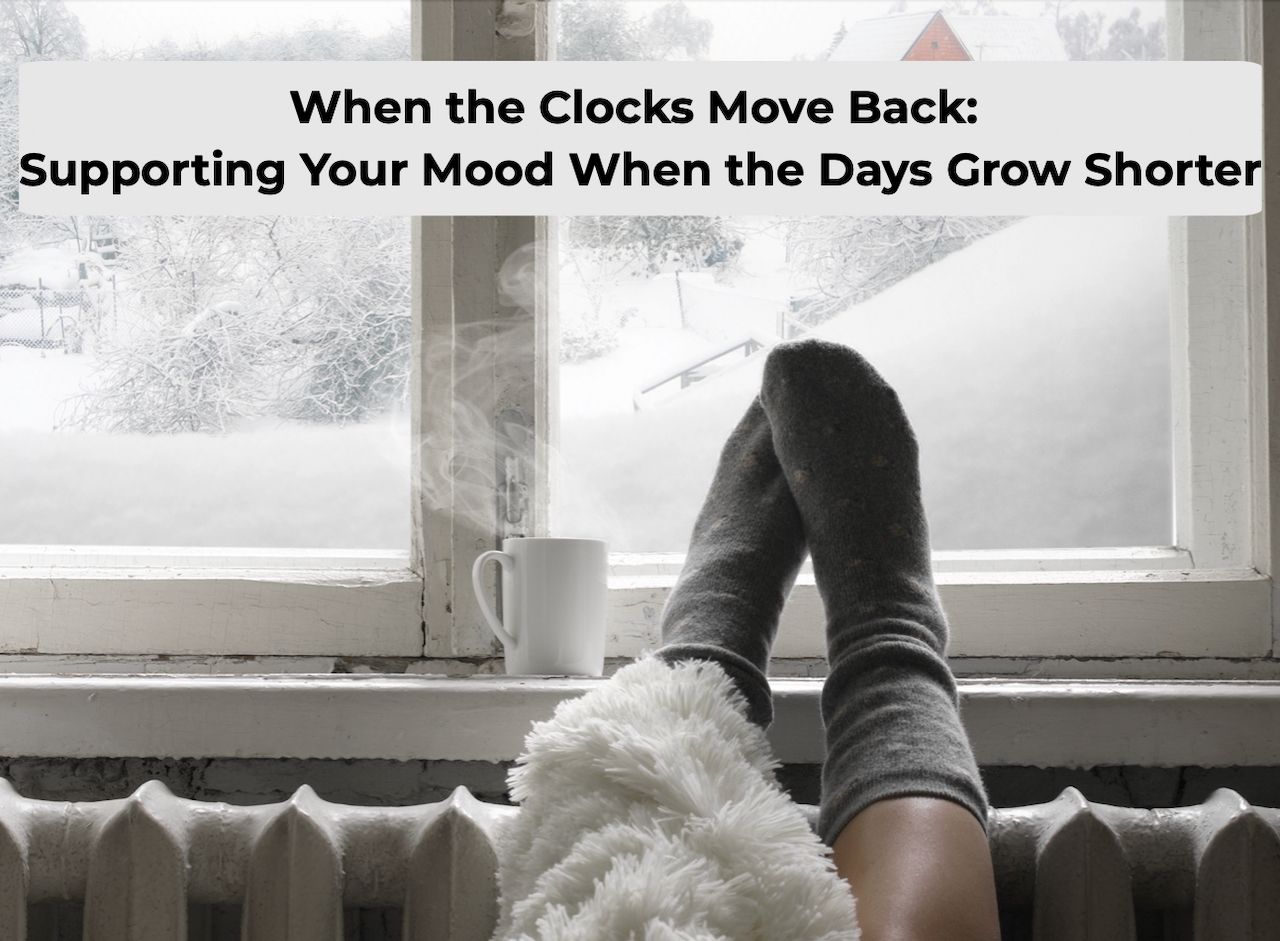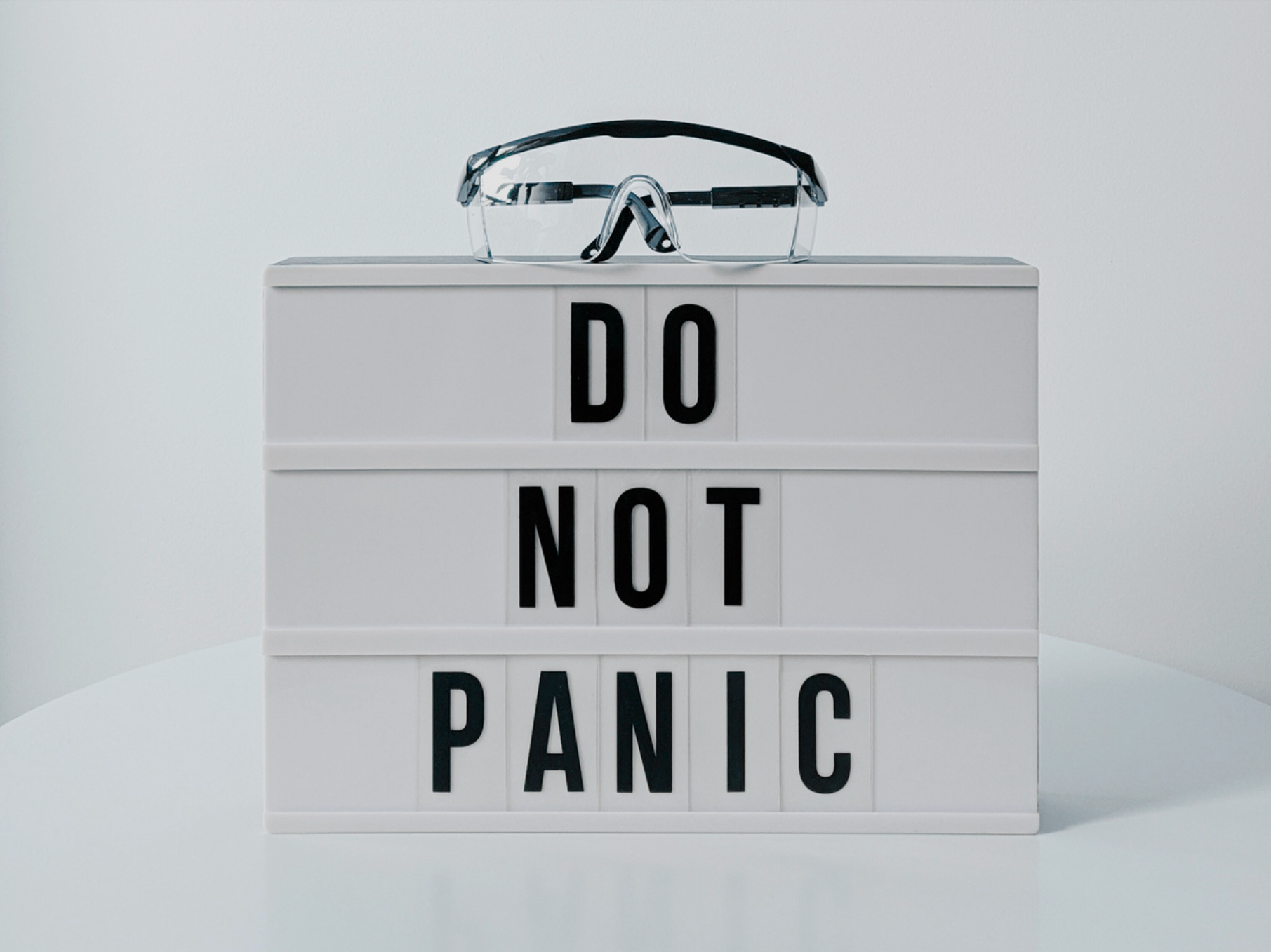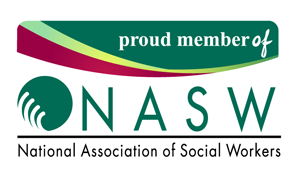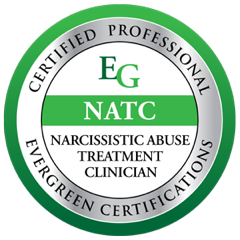Resistance Is a Skill You Build
On Juneteenth, we honor not only the end of slavery—but the ongoing fight for dignity, equity, and liberation.
We celebrate the day news of emancipation finally reached the last enslaved people in Galveston, Texas—two and a half years after the Emancipation Proclamation. But we also acknowledge what that delay represents: how systems of power can withhold, manipulate, and obscure truth to maintain control.
That’s why resistance matters.
And not just the big, bold moments of it—but the quieter ones, too. Because resistance is a skill you build.
Resistance Isn’t Just Refusal—It’s Discernment.
In my clinical work, I often talk about resistance as something that needs to be understood—not pushed through or dismissed. Sometimes resistance means fear. Sometimes it means fatigue. Sometimes it means we’re being asked to do something that doesn’t align with who we are.
But outside of ourselves, resistance also shows up as a way we stay awake in a world that would rather we stay quiet.
It’s how we:
- Challenge a harmful narrative, even if it’s wrapped in charm or authority.
- Choose to act in alignment with our values, even when no one’s watching.
- Stay curious, critical, and connected in the face of gaslighting or injustice.
When you’re told that speaking up is “starting trouble,” or that disagreement is disloyalty, resistance can feel disruptive. But it isn’t chaos—it’s conscience.
You’re not being difficult—you’re being discerning.
Resistance Can Be Quiet and Still Be Powerful
We often picture resistance as bold, disruptive action—and it can be. But it also shows up in smaller ways:
Leverage weak social ties—Research shows social movements often gain traction not just through close friends, but through acquaintances and extended networks. Every conversation, repost, or quiet act of solidarity in your outer circles can ripple outward.
Making the call—contacting your reps, donating to mutual aid, or amplifying voices doing the work.
Speaking up in quiet rooms—correcting misinformation, challenging “jokes,” or not letting manipulation pass unchallenged.
Tuning into your values—when everyone else is performing and you choose honesty instead.
These small acts matter. They keep the thread of right action alive—especially when the larger systems make us feel powerless.
Resistance Builds Resilience
When you practice resistance—not as defiance for defiance’s sake, but as a commitment to what’s right—you’re reinforcing your inner foundation. That foundation becomes the root system for resilience.
You stay more grounded because you trust your compass.
You feel less burned out because your actions are aligned.
You recover faster from setbacks because you’re not spinning in confusion—you’re standing in conviction.
And when the world feels heavy, when power is misused, when truth is twisted—your practiced resistance becomes the skill that helps you return to yourself. To your people. To your purpose.
On Juneteenth, we honor generations who resisted not just slavery, but dehumanization.
Who chose selfhood in the face of erasure.
Who built joy, community, and culture not in spite of oppression, but as
resistance to it.
Let this day be a reminder that your values are not optional. Your voice is not disruptive. Your resistance—big or small—is a thread in the fabric of collective resilience.
Resistance is care. Resistance is connection. Resistance is your right.
Want support with follow-through, focus, or getting unstuck?
Explore my
free resources or
connect and explore therapy and coaching options. You don’t have to figure it out alone.

















